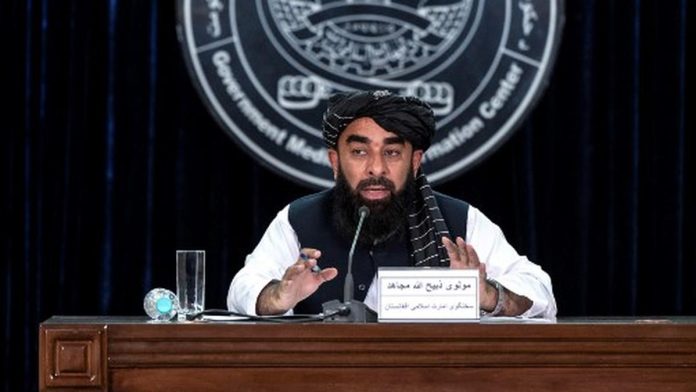31 July 2024: The Taliban on July 30 disavowed numerous Afghan diplomatic missions abroad, declaring that it will no longer honor passports, visas, and other documents issued by diplomats associated with Afghanistan’s former Western-backed administration, reported The Hindu.
This move is the Taliban’s latest effort to seize control of diplomatic missions since their return to power in 2021. Despite their efforts, many of their leaders remain under international sanctions, and no country officially recognizes them as Afghanistan’s legitimate rulers.
Taliban spokesman Zabihullah Mujahid, speaking at a press conference in Kabul on July 3, 2024, emphasized that the group will not acknowledge any documents issued by the previous regime’s diplomats. This decision further isolates the former administration’s diplomats, who had been struggling to maintain their roles and legitimacy on the international stage since the Taliban takeover.
The refusal to recognize documents issued by the previous Afghan government could have significant implications for Afghan citizens abroad who rely on consular services for passports, visas, and other essential documents. It also represents a clear message from the Taliban regarding their intention to fully assert control over Afghanistan’s international representation.
Since seizing power, the Taliban has been working to consolidate its authority both domestically and internationally. However, the international community remains largely resistant to recognizing the Taliban as the legitimate rulers of Afghanistan. The international community’s reluctance to recognize the Taliban poses ongoing challenges for the group, which seeks to gain legitimacy and establish formal diplomatic relations.
The Taliban’s announcement is yet another step in their efforts to erase the remnants of the previous administration and fully integrate their governance structures. However, it remains to be seen how this will impact the Afghan diaspora and the broader international response to the Taliban’s rule.




